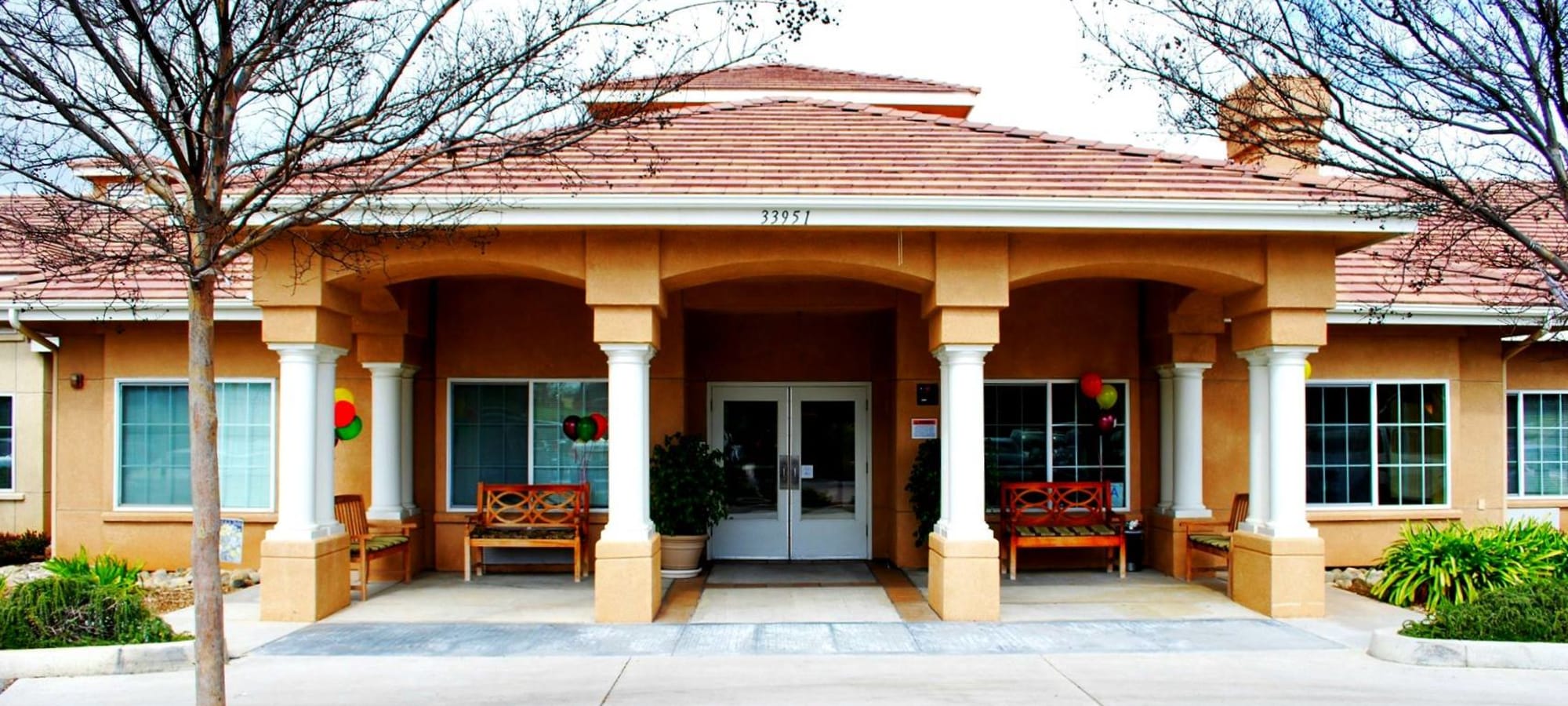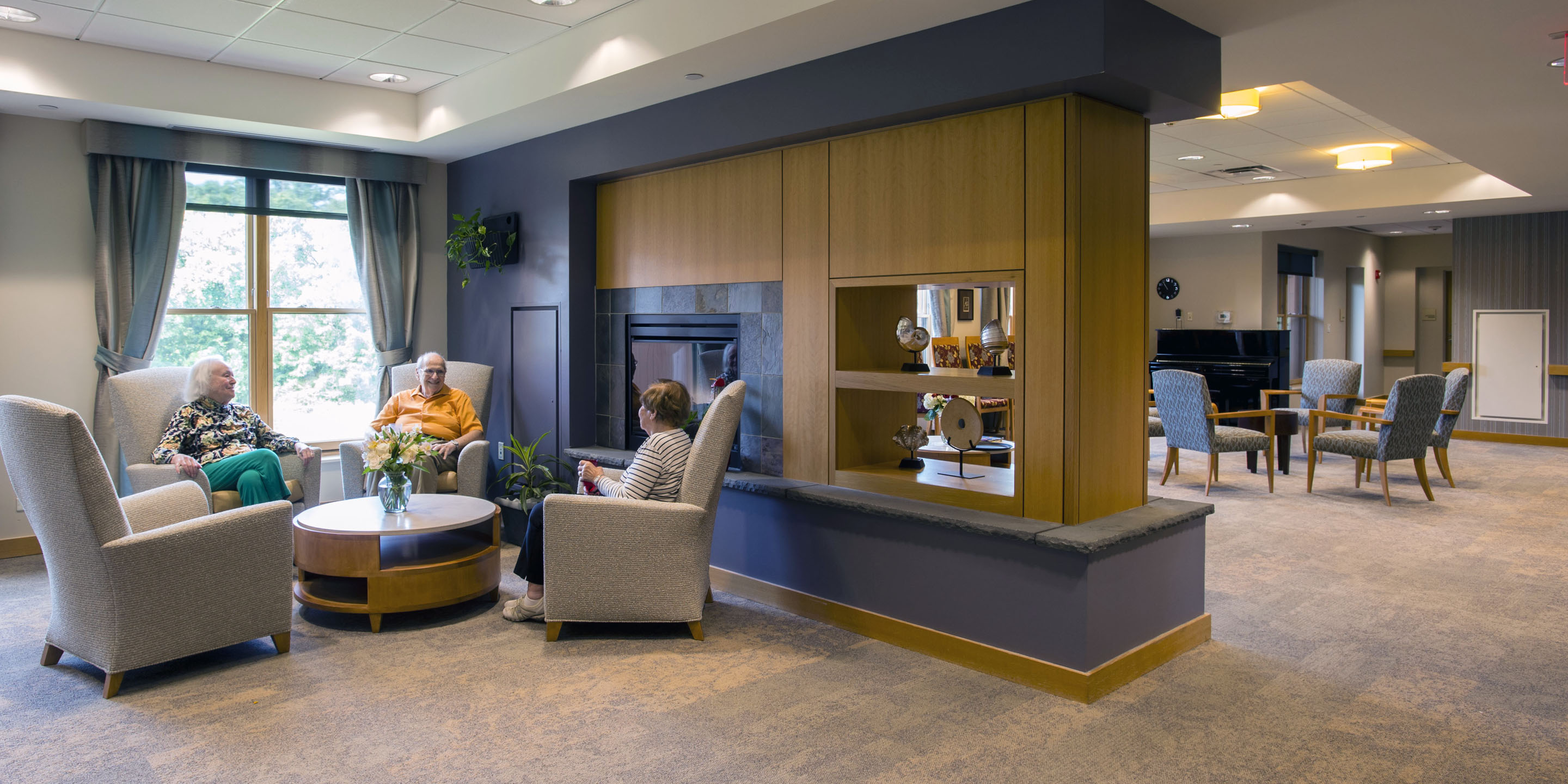Developing a Safe and Encouraging Environment: In-Home Memory Treatment Fundamentals
Establishing a secure and caring atmosphere for people requiring in-home memory care is paramount to their well-being and high quality of life. From ensuring security within the space to using effective communication techniques and implementing memory-friendly layout elements, there are crucial parts that add to an all natural care technique. By focusing on producing a helpful ecosystem that provides to the one-of-a-kind demands of those with memory problems, caretakers can substantially boost the day-to-day experiences of their loved ones.

Safe Living Setting
Creating a secure and hazard-free living environment is extremely important when supplying in-home memory treatment for people with cognitive disabilities. Ensuring the security of the private with memory loss is important to prevent crashes and advertise a sense of well-being.
Furthermore, it is very important to install safety and security functions such as grab bars in shower rooms and handrails along staircases to provide support and prevent crashes. Additionally, utilizing modern technology such as motion sensors and alarms can inform caregivers if the specific wanders or remains in distress. Developing a risk-free living atmosphere also involves carrying out strategies to avoid wandering, such as using door alarm systems or locks to limit accessibility to unsafe areas. By focusing on safety procedures and eliminating prospective dangers, caregivers can give a supportive and protected atmosphere for individuals with cognitive problems obtaining in-home memory treatment.
Efficient Interaction Techniques
Applying customized communication techniques is vital in cultivating significant communications with individuals with cognitive disabilities in the context of in-home memory treatment. Effective communication plays a crucial function in creating a helpful environment that improves the health and lifestyle for individuals with memory problems. When communicating with somebody experiencing cognitive decline, it is essential to utilize clear and basic language, preserve a calm and positive tone, and give visual hints to aid understanding.
One secret approach is to practice active listening, showing compassion, perseverance, and respect throughout discussions. Non-verbal signs such as facial expressions and body language can likewise aid share understanding and support. Additionally, utilizing reminiscence therapy by making use of or reviewing previous experiences songs and art can tap into long-lasting memories, promoting and triggering links involvement.
Moreover, incorporating regular regimens and regular communication patterns can supply a feeling of experience and protection for people with memory disabilities. By carrying out these interaction methods, caretakers can establish meaningful links and advertise a feeling of convenience and count on in the in-home memory care setting.
Memory-Friendly Style
Provided the importance of creating a supportive setting for people with memory problems through effective interaction methods, the consolidation of memory-friendly style components in the space ends up being critical in maximizing their everyday experiences and overall health. Memory-friendly layout focuses on enhancing safety and security, convenience, and independence for individuals with cognitive disabilities. Simple alterations can make a considerable difference, such as using contrasting shades to enhance presence and lower confusion, incorporating clear signs to aid navigating, and reducing clutter to avoid sensory overload.
Including familiar components from the individual's past, such as individual images or preferred items, can evoke positive memories and produce a sense of experience. Additionally, making sure ample illumination degrees, setting up grab bars our website in washrooms, and executing non-slip floor covering can help prevent falls and injuries. Developing a calming and calming environment with using familiar aromas, soft textures, and serene noises can also advertise leisure and reduce agitation. By integrating these memory-friendly style aspects, caretakers can offer a risk-free and encouraging home that allows people with memory concerns to maintain their independence and lifestyle.
Daily Regimen Preparation
When creating an everyday regimen for individuals with memory issues, mindful planning is vital to support their cognitive feature and overall health. Establishing an organized routine can help lower disorientation, anxiousness, and confusion commonly experienced by those with memory disabilities.
It is crucial to enable ample time for every task, lessening the need to hurry and avoiding prospective aggravation. Straightforward tasks like dish times, personal treatment, medication administration, and exercise should be incorporated into the regimen. In addition, incorporating routine durations of remainder and leisure can stop exhaustion and agitation. Versatility is key, as some days might call for adjustments based on the individual's state of mind and power levels. Consistently assessing and adapting the everyday timetable will certainly aid ensure its effectiveness in promoting a comforting and positive environment for individuals with memory difficulties.
Support Group Application
Developing a robust network of helpful individuals plays a critical role in enhancing the high quality of care and health for individuals calling for memory assistance. Relative, close friends, health care experts, and neighborhood resources can all add to producing a solid support system. Communication amongst these people is necessary to make sure that the demands of the specific with memory difficulties are met effectively.
Relative are usually the main caretakers and develop the backbone of the assistance system. They offer daily treatment, emotional assistance, and companionship. It is critical for relative to look for assistance and reprieve when needed to protect against exhaustion and ensure the best feasible look after their liked one.
Along with household assistance, including medical care professionals such as medical professionals, nurses, and therapists can supply customized care and guidance. These professionals can offer beneficial insights, medical suggestions, and assistance in handling the person's problem.

Final Thought
Finally, developing a secure and encouraging atmosphere for individuals with memory care requirements is necessary for their health. By developing a safe living environment, utilizing effective interaction strategies, incorporating memory-friendly layout elements, planning daily regimens, and executing a strong support group, caretakers can help enhance the top quality of life for those with memory loss. These important elements function with each other to produce a nurturing and encouraging environment that advertises freedom and enhances general lifestyle.
Producing a secure and hazard-free living environment is critical when supplying in-home memory care for people with cognitive problems. site web By prioritizing safety actions and getting rid of possible risks, caregivers can provide a helpful and protected environment for people with cognitive impairments obtaining in-home memory care.
Establishing a robust network of encouraging people plays a pivotal function in boosting the quality of care and well-being for individuals needing memory support - Charlotte Memory Care. Interaction amongst these individuals is crucial to make sure that the requirements of the individual with memory difficulties are met efficiently

Comments on “Explore Charlotte Memory Care: Dedicated to Senior Health and Wellness”